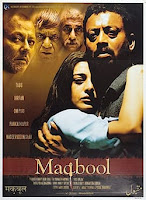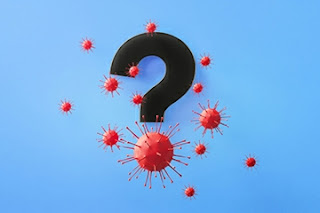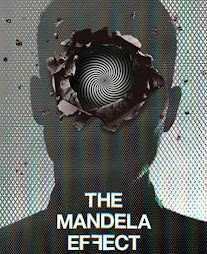Stages to Screens- Haider

Haider is a crime drama that was written, produced and directed by Vishal Bhardwaj in 2014. It stars Shahid Kapoor and Tabu as the lead roles. Set in the Kashmir conflicts of 1995, Haider is a modern day adaptation of William Shakespeare’s Hamlet. Haider, the protagonist, is a young poet who returns to Kashmir at the peak of the conflict to reach to the depth of his father’s disappearance. He ends up being tugged into the politics of the state. Hamlet consists of a lot of blank verses that prove to be extremely impactful and pivotal. Haider certainly bores the same power when it comes to blank verses. The play and the movie both have notable references and commentary about the prevailing social conditions. They end at a very open cliff, leaving the audience to interpret on their own; it also plays on psychological levels. The most striking similarity between the play and the movie, according to me, has to be the chilling gravedigger scene. The primary differences between th...





